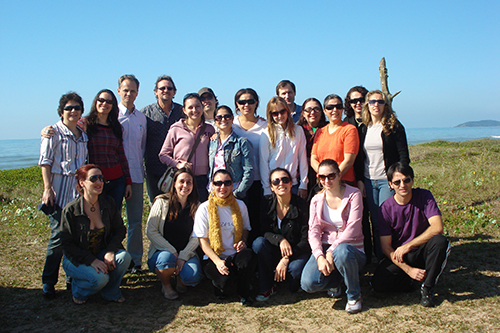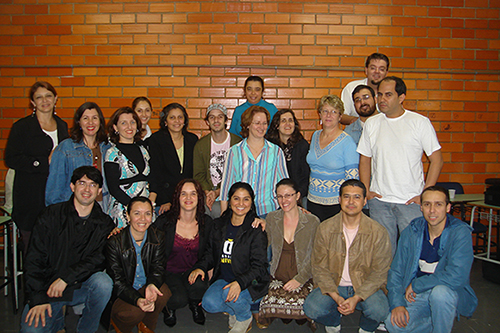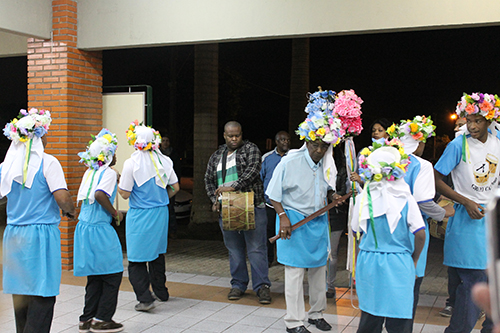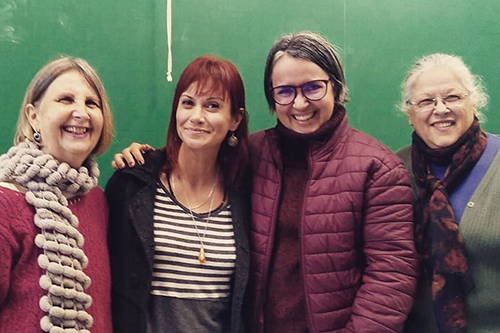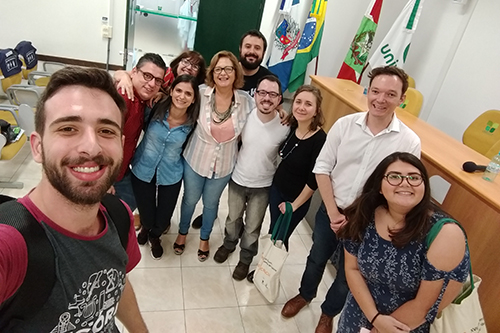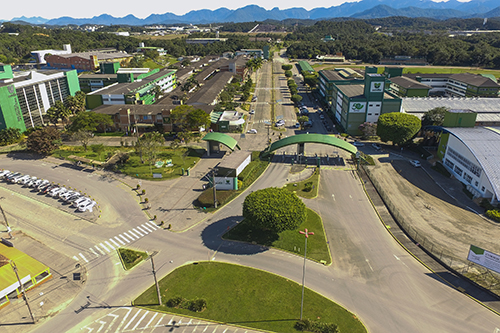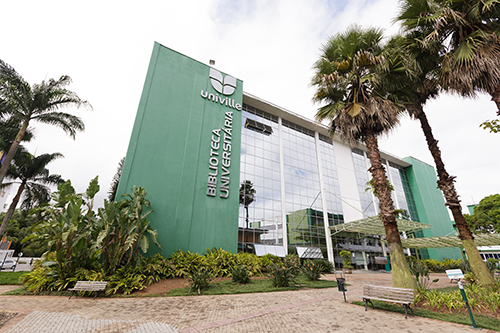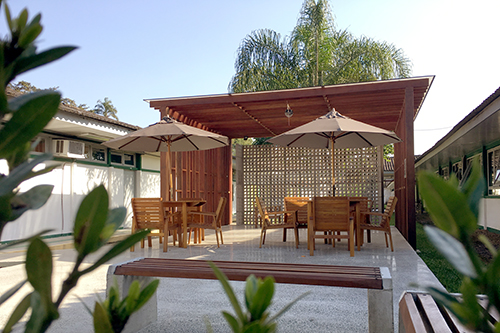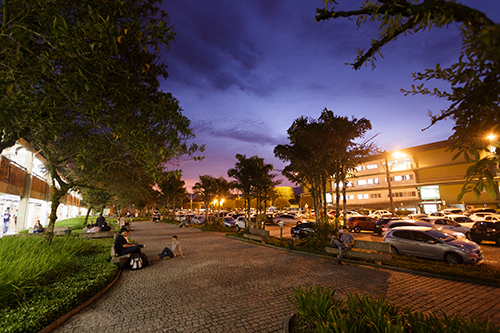Learn more about the program
The Master in Cultural Heritage and Society aims to train professors for the higher education that are able to articulate teaching to research and the investigation towards teaching, in an interdisciplinary perspective, and to qualify professionals that already work in organizations related to the protection/valorization, transmission/diffusion and social appropriation of the cultural heritage.
The Master in Cultural Heritage and Society will be able to answer the social demands related to the knowledge in cultural heritage (in higher and basic education, in counseling and management in different organizations) and to continue his/her formation in the doctorate level, especially in interdisciplinary programs.
Students Profile: because of its interdisciplinary nature, the Master’s Degree in Cultural Heritage and Society is addressed to professionals with different backgrounds: cultural and environmental managers, professionals that work in museums, archives, cultural and memory centers, teachers, lawyers, visual communicators, managers and other professionals from the fields of social sciences and humanities that want or need to expand their qualification.
Explore the spaces of the course and the University
Univille has a comprehensive infrastructure for your education.
Check out some of the places you can use for both theoretical and practical classes, as well as for study and relaxation moments!
Learn more about the course.
Curriculum
With duration of 24 months, the curriculum allows the Master’s degree student to attend 30 credits, distributed in mandatory subjects (12 credits), mandatory activities (8 credits), elective subjects (4 credits), and dissertation writing–mandatory (6 credits).
Mandatory subjects
Contemporary Thought and Interdisciplinarity;
History and Heritage Theories;
Memory and Identity
Culture, Citizenship and Sustainable Development;
Dissertations Seminar I;
Dissertations Seminar II
Scientific Production Seminar I
Scientific Production Seminar II
Elective subjects
Biodiversity, Traditional Knowledge and Innovation;
Indigenous Culture, Environment and Education;
Material Culture;
Visual and Verbal Culture;
Challenges in Patrimonial Education;
Aesthetics and Art;
Cultural Studies;
Cultural Heritage Management;
Cultural Memory and Archives;
Academic Mobility;
Cultural Landscape and Patrimonialization in Rural and Urban Spaces;
Archaeological and Environmental Heritage;
Cultural Heritage and Rights;
Cultural Heritage and Rainforest;
World Heritage and Tourism;
Religious Heritage and Religiosities;
Representations;
Sociomuseology.
Ethics, Sustainability and Human Rights in Brazil)
Concentration Area: cultural heritage, identity and citizenship
LINES OF RESEARCH
Heritage, Environment and Sustainable Development
The line of research studies and develops interdisciplinary investigations about heritage, considering culture, nature, sustainability and citizenship as transversal conceptions, on public policies, environmental and archaeological heritage, tangible/intagible culture, indigenous history, cultural landscape, education for the cultural and environmental heritage, innovation, intellectual property, legislation and other law instruments, cultural knowledge and doing, and effects of the climate changes over the cultural and environmental heritage. For this purpose, it involves theoretical-methodological approaches, like discourse analysis, representations, oral history, hermeneutics, archeography, paleobiology, ethnobiology and laboratorial research.
Heritage, Memory and Languages
The line of research studies and develops interdisciplinary investigations about cultural heritage, focusing on different theoretical perspectives over the memory and its ramifications in expressions of identities and languages. The issues contemplate the heritage and the patrimonializations related to: cultural policies management (both public and private), dimensions of material and intangible culture, world heritage, museums and memory centers, archives and collections, elaboration of inventories, records, and legal and judicial proceedings, (auto)biographies and life stories, artistical processes and their institutionalization, imbrication with the visual, verbal, and digital, history and epistemology of the heritage, and interaction with immigration and tourism networks.
Contact
(47) 3461.9223
ppgpcs@univille.br
Universidade Univille • univille.br
Rua Paulo Malschitzki, 10 - Zona Industrial Norte Joinville/SC

